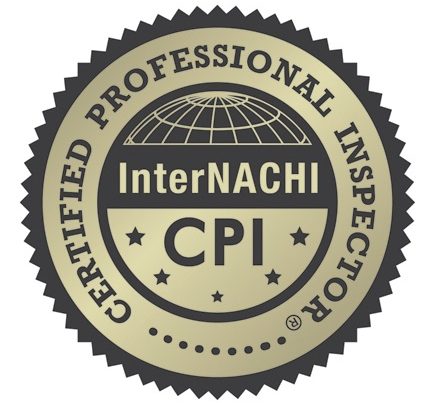
Home Energy Audit
The US Energy Information Administration estimates the average annual electricity consumption of a US home is 10,399 kilowatt hours (kWh), and depending on where you live or how you receive energy, a year’s worth of energy can really add up. But what many homeowners don’t know is that their home could be working against them by wasting energy. Features like doors, windows, or even cracks in the walls can artificially inflate a homeowner’s energy use.
Fortunately, there’s hope. By performing a home energy audit, you can reduce your annual energy costs by identifying energy-saving opportunities. But what is a home energy audit, and how can you determine whether you need one?
What is a home energy audit?
A home energy audit determines how much energy your home uses, and where your home is losing or wasting energy. Also known as a home energy evaluation or assessment, energy audits for homes reveal where you can make improvements in energy efficiency. A professional energy inspection takes into account everything from the number of people in your home to air flow, lighting and common furnace problems.
While it’s possible your home is already conserving energy so efficiently you don’t need an audit, most homes consume more energy than they need. An energy audit does more than help you save energy—it increases your personal comfort and the value of your home.
What are the benefits of a home energy audit?
- Understand your home energy usage- An energy audit lets you understand where and how energy is used. Understanding where and how your home uses (or wastes) energy empowers you to make productive changes to your home or lifestyle.
- Identify your potential energy-saving opportunities- Once the home energy auditor identifies where your home requires energy improvements, you can take steps to resolve the issue. An audit may reveal the need to clean your air ducts, for instance, or it might suggest that you need to replace worn window weatherstripping. Fixing these problems will make your home more energy efficient.
- Improve your health and safety- During an audit, homeowners commonly identify air leakage around doors, a lack of proper insulation or unwanted sources of moisture. Once moisture problems are identified, steps can be taken to maintain ideal home humidity, which can yield positive health results—especially for family members who live with allergies or asthma.
- Increase your home comfort- Improving the energy efficiency of your home increases control over your home environment. Your HVAC system will be able to heat or cool your home with greater efficiency, extending its service life, improving your personal comfort and lowering your energy bill.
- Increase your homes resale value- Increasing your home’s energy efficiency is one of the best home improvements you can make to increase property values. Energy-efficient homes are highly sought after by potential buyers, who would rather move into a home where energy issues have been identified and corrected.
What does a home energy audit include?
A standard energy audit includes an analysis of your behavior, including the number of rooms in use, whether anyone is home during work hours and how many people live in the home. To start, the auditor examines past energy bills, researches your personal energy use and does a room-by-room examination of the house looking for air leaks, energy drains and check walls for insulation and attic door insulation.
The auditor will also perform a thermographic scan, which measures surface temperatures in the home using infrared cameras. By using this scan, auditors can determine if the home has sufficient insulation.
If your are selling/buying your home or would like to reduce your energy levels give us a call today to schedule your Home Energy Audit!
